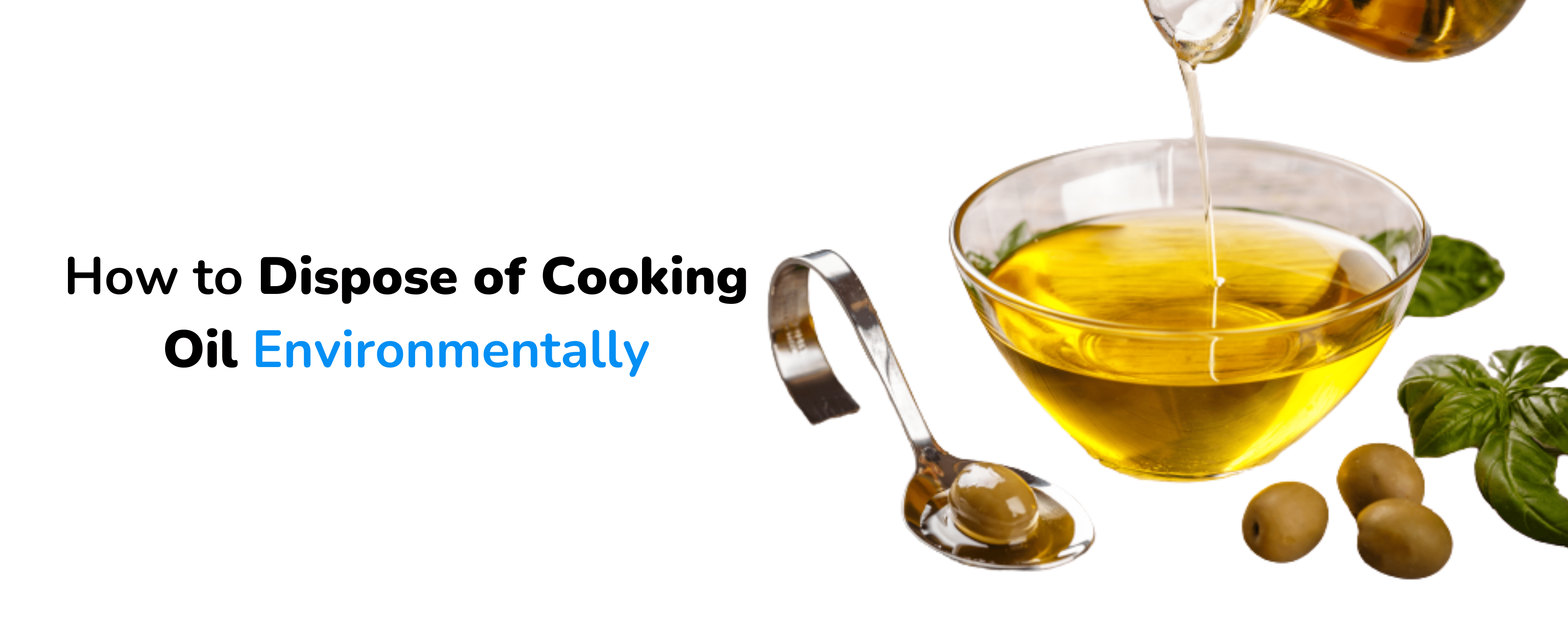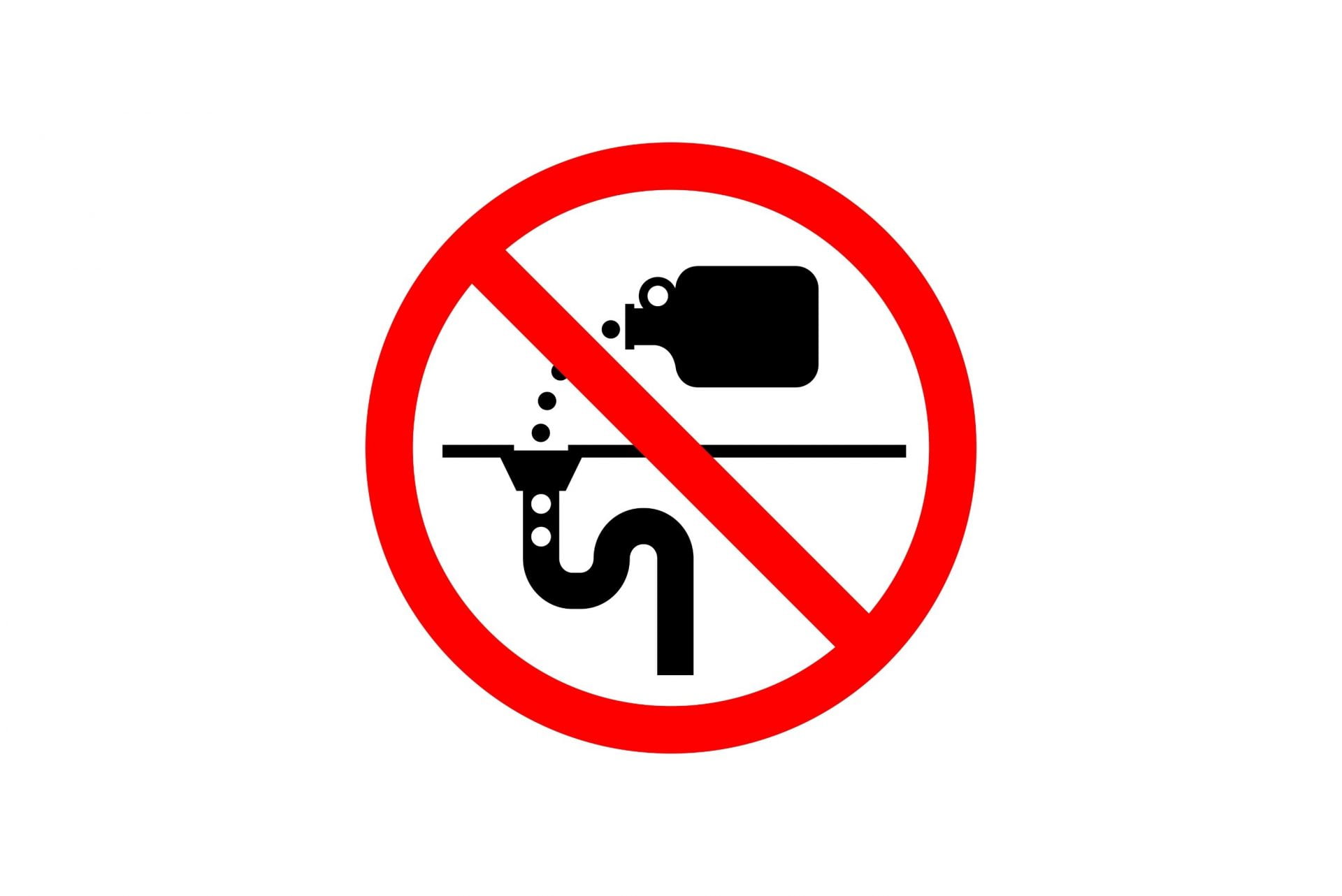How to Dispose of Cooking Oil Environmentally
We often end up with leftover cooking oil after frying chicken or browning beef steaks, and the urge of disposing of cooking oil in the kitchen sink or by just throwing it outside the window might be severe. Such urges are sometimes impossible to avoid and we fall victim to the temptation.
Related: https://mydrom.com/how-to-remove-oil-stains-from-clothes/
However, that will only increase the problems we have with our environment already, so go through this short but precise guide to understand the correct method of how to dispose of oil environmentally.
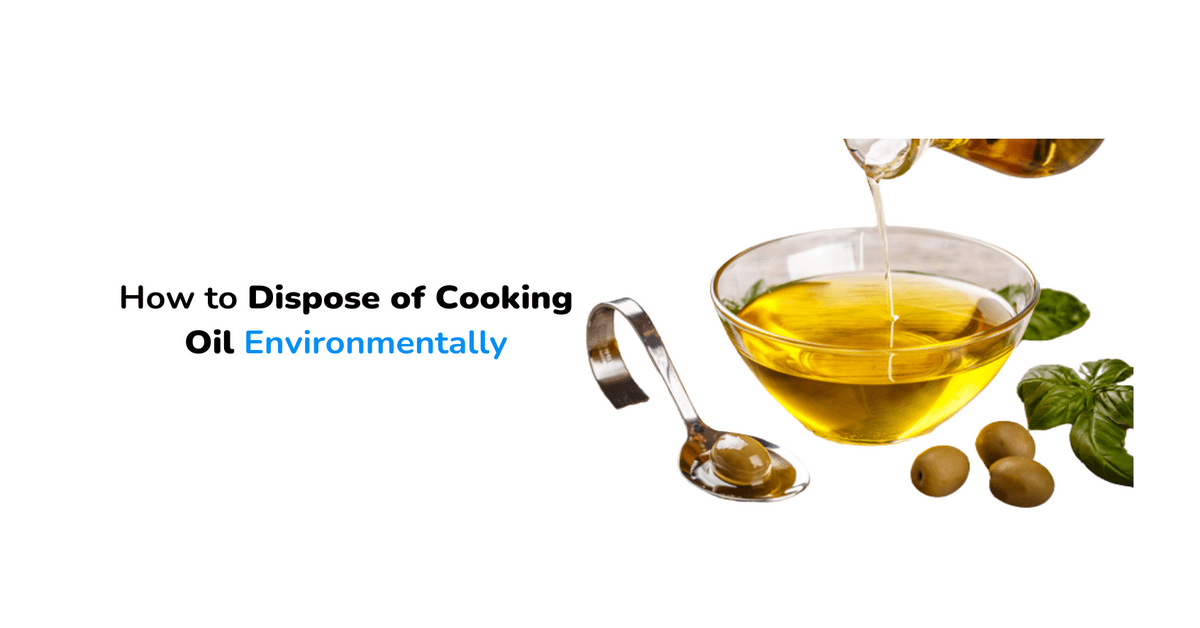
What to do with used cooking oil
Cooking makes it inevitable to use cooking oil, and therefore, the leftover and used fat is piled up in the kitchen if not disposed of regularly. Cooking Oil Disposal requires a lot of tender and careful measures to make sure you do not end up harming the surroundings and yourself. Here are some of the best ways to dispose of cooking oil.
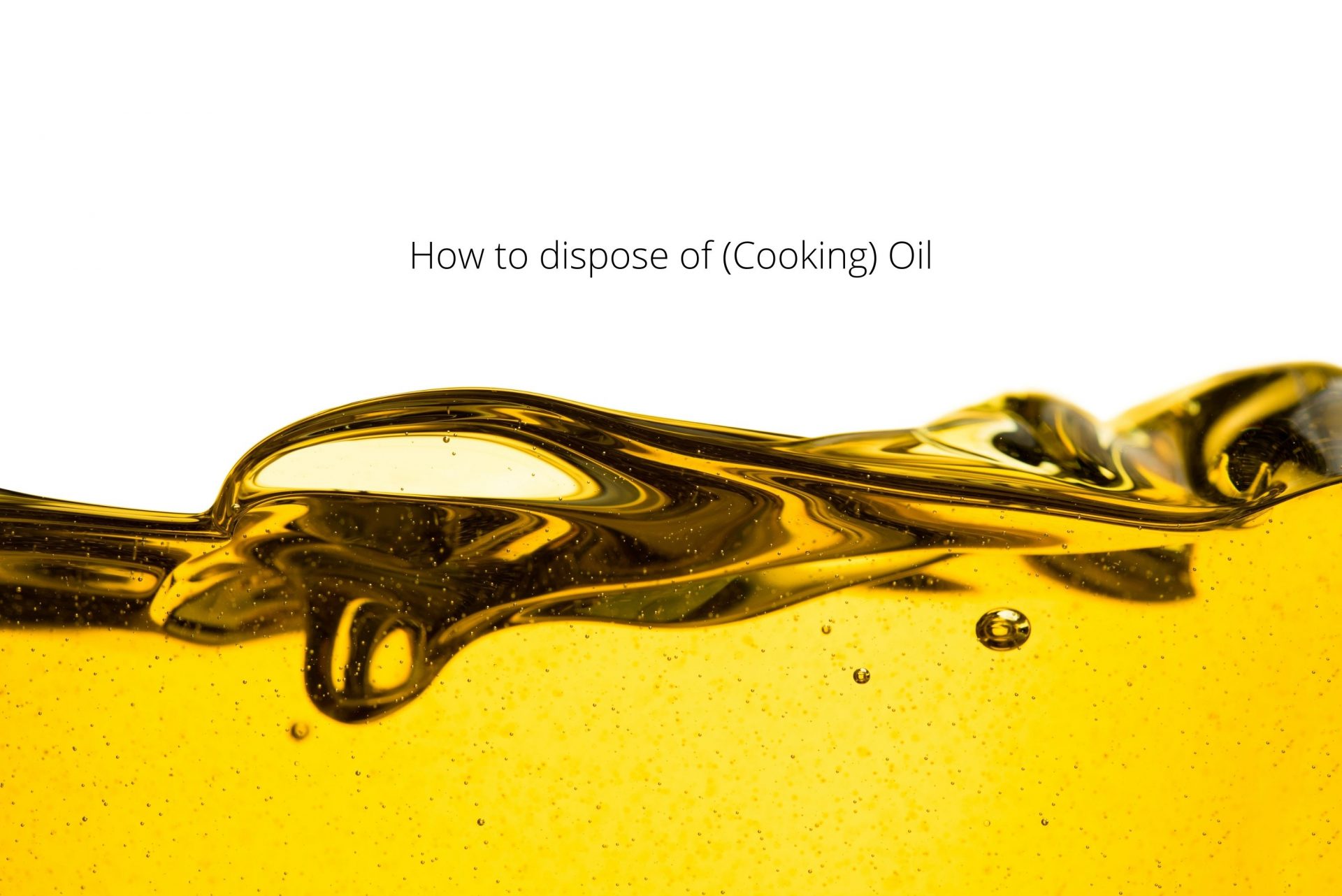
How to dispose of (Cooking) Oil
- Recycle: The most eco-friendly way to dispose of cooking oil is to make sure the recycling of the oil you throw away. In this case, a professional organization is your best choice. Just make sure that they recycle it themselves or take it to a place where it can be recycled. They could even use the oil to make Biodiesel which can be used to run vehicles or as heating oil.
- Reuse: If you plan to deep-fry something else soon, keep the used oil for that purpose without disposing of it. That way, you will save a few bucks and also save the world by a bit. However, be sure to filter the oil before using it. Also, please keep it in an airtight condition and a dark place. Make sure that the oil is only reused only once or twice. And also, if the oil is already expired and the date is pretty long ago, then the best advice for you is not to use it. If you do use it, however, the potential health concerns are yours, not mine.
- Dispose of the Oil: If you need to dispose of cooking oil environmentally, let it cool down completely and then pour it inside a bottle/milk cartoon or unrecyclable container and throw it in a trash bin. Remember to let it cool down 100%, though. Also, you must not throw the container or cartoon here and there or just out of your window as the outcome of throwing open oil through the window or closed oil is pretty much the same.
- Always Put a Small Amount Inside: The container you use to dispose of cooking oil environmentally, do not just pour as much fat as you can. Keep the oil as little as possible to avoid breaking out. If you have a habit of pouring all of the oil from the last year altogether in the container, change your habit before the cartoon bursts out and your hard work goes in vain.
- Mix in Other Materials: Never dispose of cooking oil solely. Combine the oil or better soak it in with different other waste products to contain the oil better. The disposable products like a banana peel or banana skin, fish thorns or fishbone, peelings of other fruits and vegetables, etc. together make up a good container for disposing of cooking oil.
- Grease/Fat Disposal System: Consider buying yourself a grease disposal system with the capacity of 32 ounces of oil if you are a frequent oil user. Just pour in the oil and zip it. If it gets full, throw it in the dustbin. This disposal system is just the same as a container or cartoon though it is more sophisticated and standard and at the same time more secure. There is zero possibility of the oil coming out through the zip of the system which is not true in the case of the milk or water cartoons.
- Compost the Oil: It is possible to turn the oil into compost in small quantities and use it to better plant plants. At first, let the oil and grease cool off by keeping them at cold temperature or in the fridge. You can also keep the oil at room temperature. Then, mix the oil with a paper towel or tissue paper and kitty litter. Tie them up and put them in a green bag. Place the bag in your green cart. You are ready to go!
- Kill the Weeds: To kill the unnecessary evil (Weeds), we can use Oil. This way, the plants, and saplings remain safe. You should never use toxic oils like the ones used for the vehicles as they can reportedly cause much suffering to the weed plants. So, always use vegetable oils as they are both eco-friendly and effective at killing weeds. One should coat the weed plant completely by pouring oil from all sides through the stem and other parts of the weed.
- Make Soap from the Oil: Soap is generally made from fatty acids. That means one can easily find great cooking oils rather than just throwing them out and harming the environment. Add some amount of oil into a container. Then, add water into a milk carton. You need to add NaOH to water in the cartoon and mix them after zipping the container. You should be careful as the reaction of NaOH and water produces heat and gases, and an extra amount of the heat and gas may cause harm to you and the surroundings. Then, you should make the mixture transparent to the extent that the flakes disappear. Add the mixture of water and NaOH to the Oil of the container. One should mix the total things well so that they become consistent. For one month or more period of time, you should let the mixture dry.
- Freeze the Oil: You should put the oil in a container and keep it inside the refrigerator or any cooler place than room temperature so that the oil gets frozen and does not move here and there. You can also use the frozen oil later on after many days without any problem or issue whatsoever. This is one of the best options to make use of cooking oil without just destroying it or wasting it.
So, to sum up, there are numerous ways of disposing of the oil. All of the ways are more or less secure and safe for yourself and the environment. Thus, you can use them according to your needs and requirements. It is not necessary that one should always follow the same type of measure to dispose of cooking oil. As a result, there is a brilliant way of reusing the used oil – Biofuel. As we know, our environment is getting destroyed due to poor waste management and climate change and global warming are not just terms anymore.
The water level is rising, the sea is getting filled up with garbage. At this rate, it seems like we are going to destroy earth pretty soon. For these reasons, we can say that biofuel can help us escape this upcoming calamity and grow earth greener than ever. Methanol alcohol is used to convert the oils to biofuels and they can be used not only for cooking but also as biodiesels for running vehicles.
Now, moving on to some of the specific methods for different types of oils.
https://www.youtube.com/watch?v=DXoUDhj_qCI
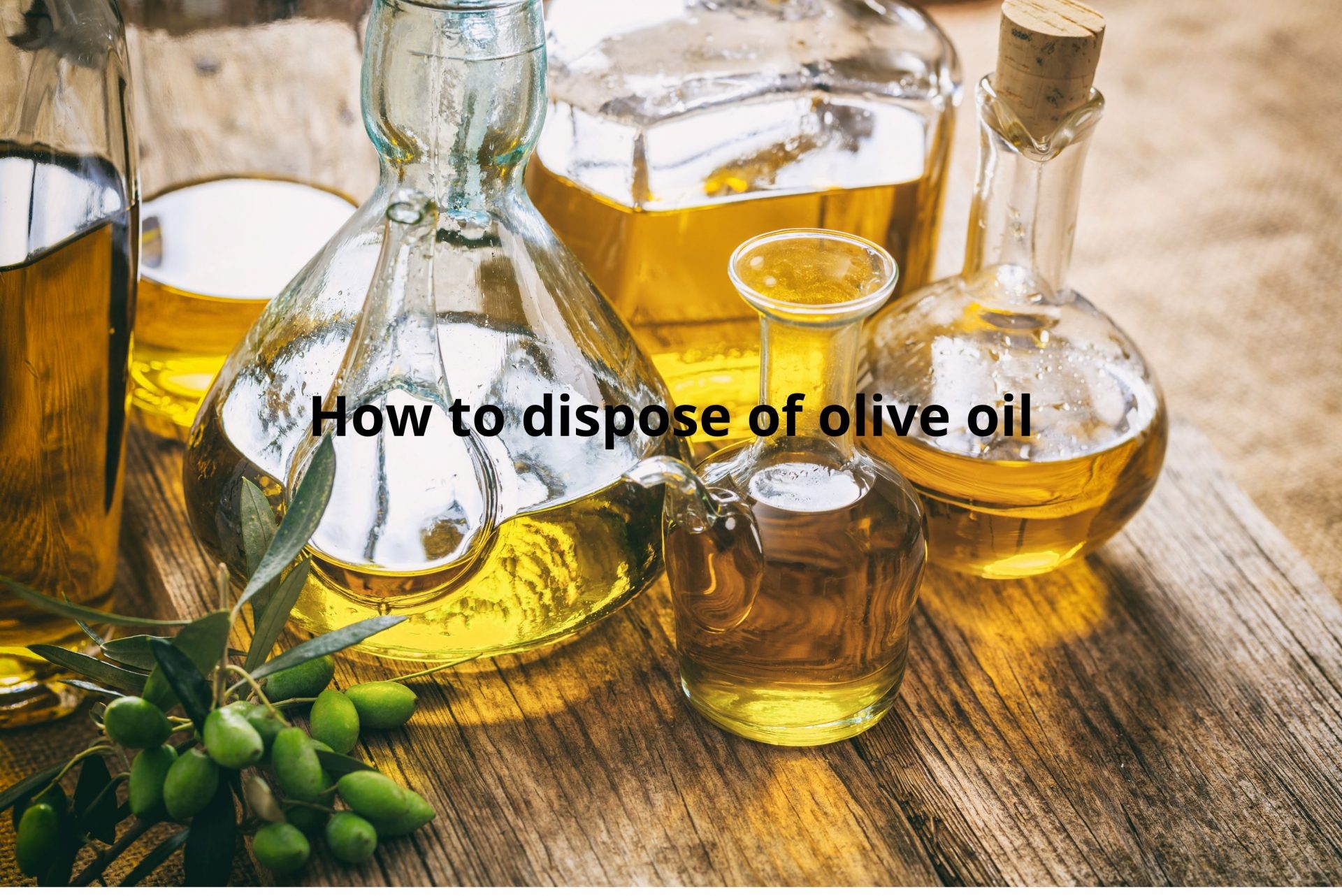
How to dispose of olive oil
We can dispose of Olive oil in the same way as we described earlier as it is nothing different from the vegetable oils we use to cook. However, disposing of olive oil is less recommended as we can use it for wood furniture polishing or as a lubricant. Olive oil can be a lifesaver for you if your zipper does not open, too!
How to dispose of old or expired olive oil
If the oil is unusable in any other way like preventing corrosion on stainless steel, then disposing of it off is the best thing. Let it become solid after leaving it for some time, and then use a sealable container to put the olive oil into. Then, throw it in a waste bin.
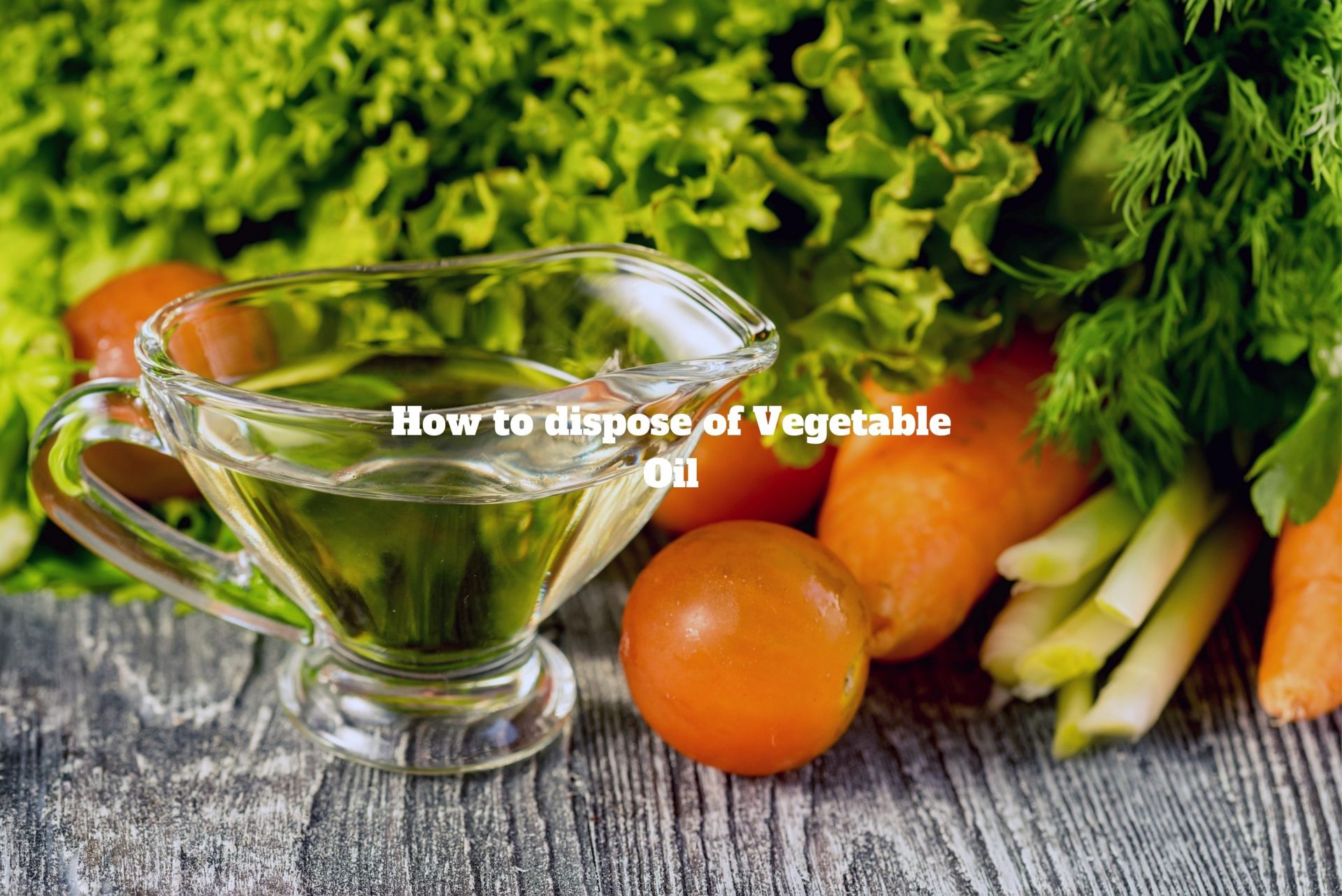
How to dispose of Vegetable Oil
Vegetable Oils are generally in a much larger quantity than Olive Oil, so we need a bit different approach while disposing of this off. We need a container large enough to hold the vegetable oil for months. We have to put the used oil every time in that container and seal it up. After the container reaches its limits, we finally seal up the mouth and put it in a waste disposal bin.
How to get rid of Vegetable Oil
If you are a bit creative, without disposing of the used vegetable oil, you can easily use it for different purposes that would otherwise cost you more. We mentioned above how to make beautiful soaps from used-up vegetable oil, and you can do it, too. Besides, you can use it as an emergency lamp if the electricity goes out or uses it as Animal Feed.
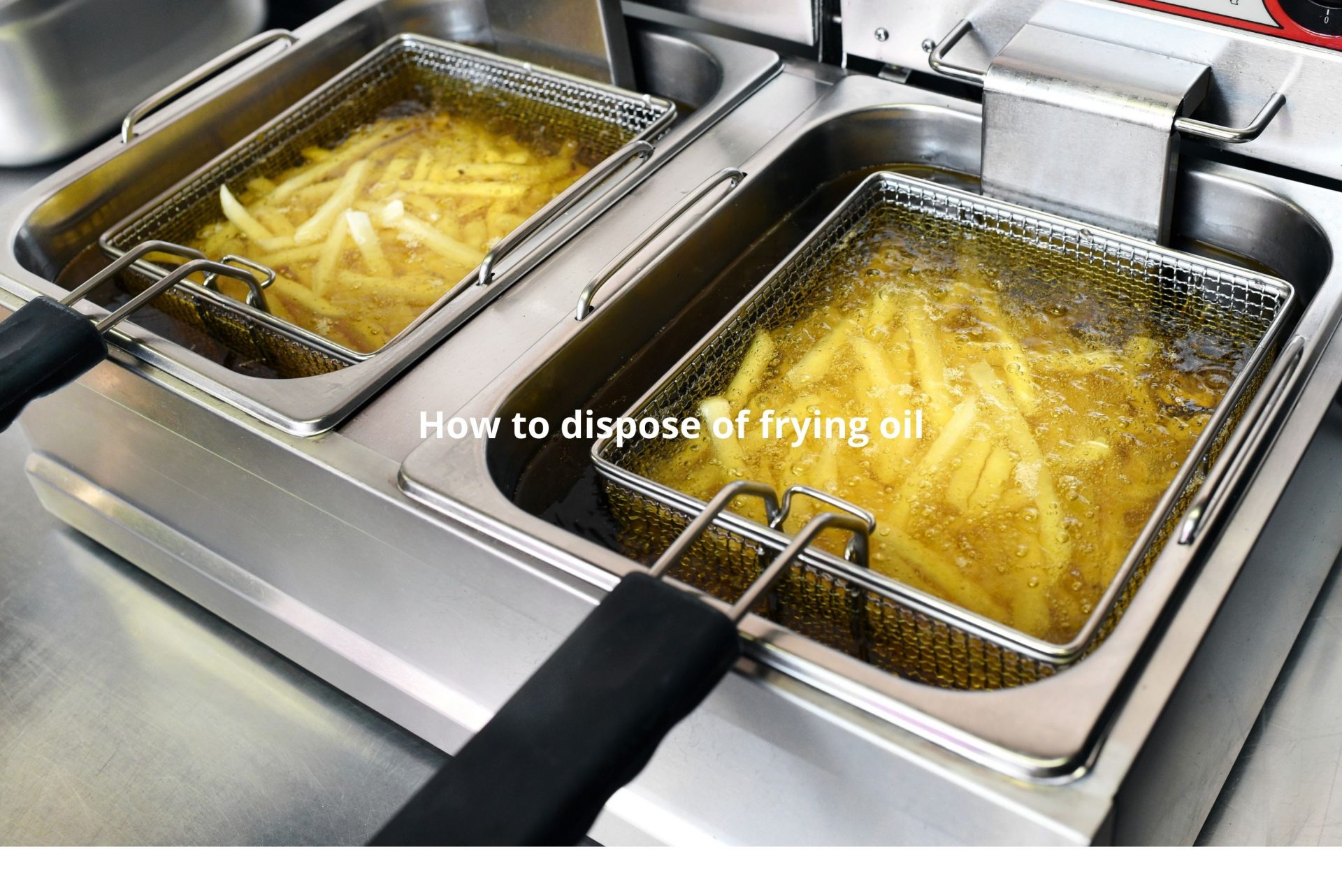
How to dispose of frying oil
The best way to get rid of cooking oil is to take it to a local recycling centre. The experts there will take the oil and recycle it as Bio-Fuel or Soap. Whatever they do, they will ensure the best use of the used cooking oil, so need to worry.
Questions about Cooking Oil Disposal
- Can you pour oil down the drain? – Absolutely not. We will explain the possible health hazards and environmental concerns regarding Oil Disposal in the wrong way. But for now, pouring oil down the drain is the last thing you want to do. The whole city is going to be flooding with wastes and garbage if everyone starts doing so. The reason is that the used up cooking oil will clog the drainage system of the whole city. And the wastes cannot go anywhere as the drains will not flow anymore.
- Can you pour vegetable/olive oil down the drain? – No! Vegetable Oils or Olive Oil are the same as regular oil. Instead, Olive Oils are something you should never pour down the drain. Besides, do not even dispose of it if you can make good use of it. The unexpired or not too old oils have various uses. So, look upon the internet for the best possible benefits. Such as using vegetable oil as Ant Poison, Dust Suppression, or Biofuel. Olive Oils has use as Diesel fuel commercially if they are not old.
Environmental Concerns and Possible Hazards of pouring the oil down the drain
First things first – In most countries of the world, pouring the cooking oil down the drain is purely illegal. So, if you do not want the law enforcement agency to catch you, refrain from doing such foolish actions. The two possible outcomes of pouring used cooking oil down the drain are many fines and a potential shutdown.
Now, coming to the main issue to address. If someone is constantly pouring the oil down the kitchen sink or drain, it will cause the pipes to become harder. Fatbergs are possible to form around in the lines. As a result, water and other materials are not going to pass through.
The reason behind this is that the pipes are full of chemicals and decomposing waste. Cooking oil develops fatbergs with these and stick to the walls of the lines. These fatbergs can grow up to 100 tons that can make pipes burst and wreak havoc. If that happens, sewer floods will flood the surrounding area with garbage.
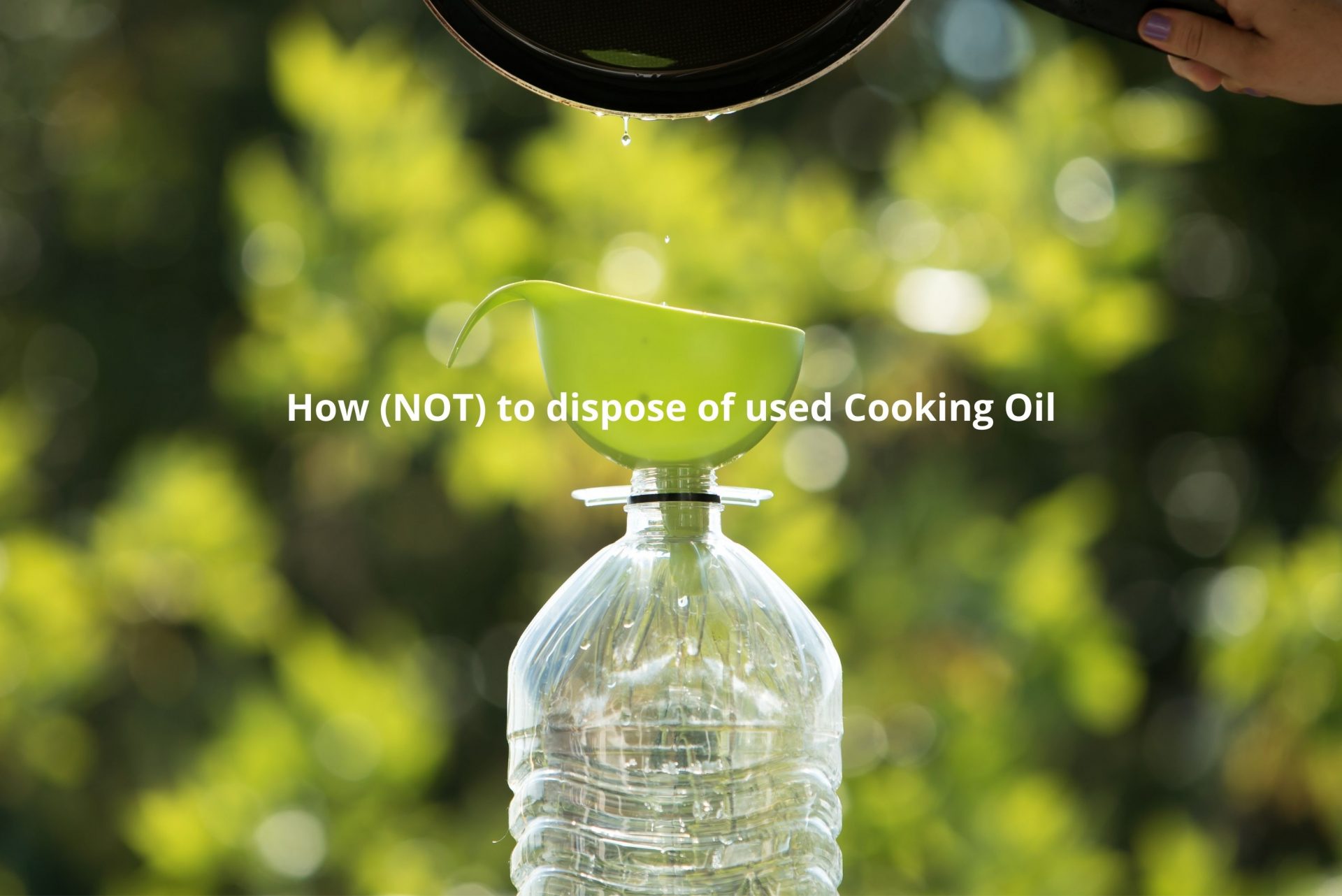
How (NOT) to dispose of used Cooking Oil
Avoid dumping the oil outside in your yard or pouring it down the sink or toilet. Do not pour hot oil into the trash can.
How to Dispose of Oil is not something without any debate. There are theories and concerns for and against disposing of the oil. If you are also concerned about the environmental gains from disposing of used cooking oil, use it in a better way, as we mentioned above.

